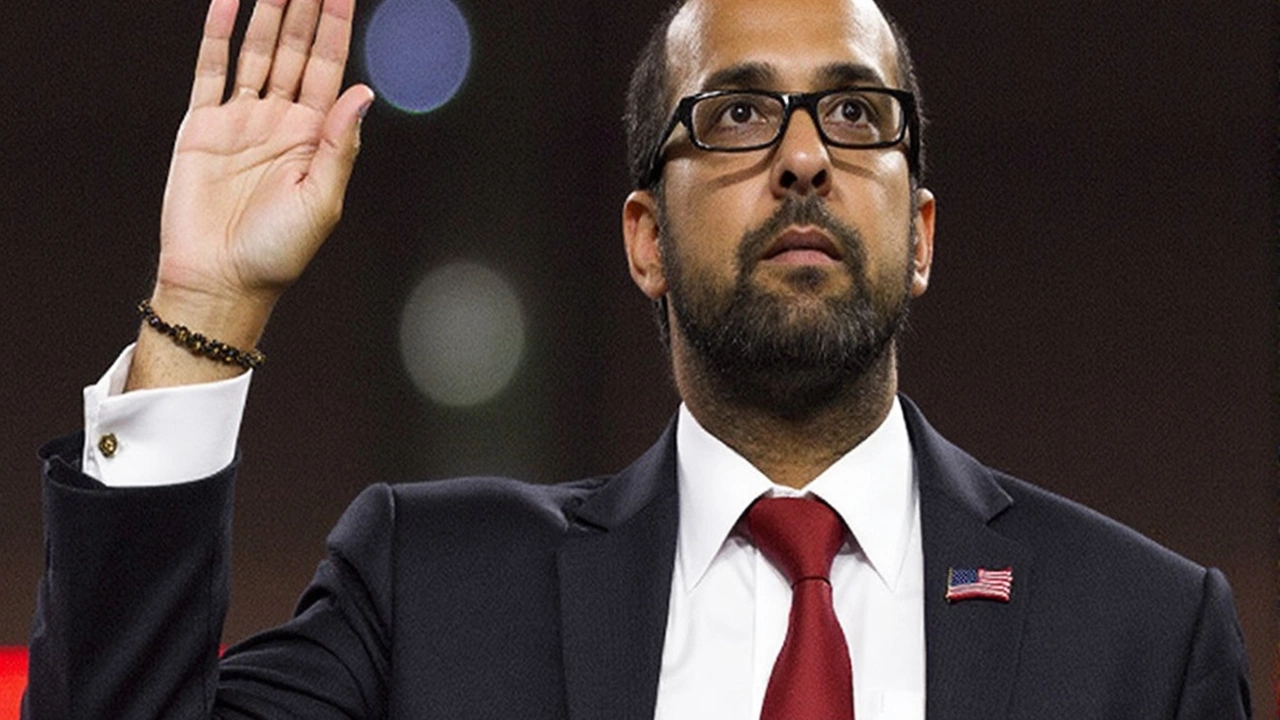FBI Chief: Who They Are and What They Do
If you ever hear about the FBI chief, you’re hearing about the person who runs the nation’s biggest investigative agency. The chief isn’t just a title – it’s a job that blends law‑enforcement, intelligence and politics. In plain terms, they set priorities, manage thousands of agents, and answer to the President and Congress.
How the FBI Chief Gets the Job
The chief is appointed by the President and must be confirmed by the Senate. This two‑step process makes the role a mix of executive trust and legislative approval. Once confirmed, the chief serves a ten‑year term, which is designed to keep the office out of election cycles. That term can end early if the President fires the chief, but it’s rare because it would spark political backlash.
Because the chief is a political appointee, the selection often reflects the administration’s priorities. A president focused on cyber‑crime may pick a chief with a tech background, while another who worries about domestic terrorism might choose someone with experience in counter‑extremism.
Key Responsibilities You Should Know
First, the chief decides where the FBI spends its resources. That means choosing between tackling organized crime, cyber‑attacks, public corruption, or white‑collar fraud. Second, the chief oversees the agency’s intelligence arm, which works hand‑in‑hand with other national‑security agencies. Third, they must keep the FBI’s culture and morale healthy – a huge task when you have over 35,000 employees across the country.
Every major national story that involves a federal investigation usually passes through the chief’s desk. Whether it’s a ransomware hit on a hospital or a high‑profile political scandal, the chief’s public statements shape how the media and the public view the FBI’s effectiveness.
Finally, the chief reports to the Attorney General and the President, but also testifies before Congress. Those hearings can become political battlegrounds, especially when the FBI’s work touches on election security or civil‑rights issues.Understanding the FBI chief’s role helps you see why headlines about “new FBI chief” or “chief’s testimony” matter. It’s not just a personnel change – it can shift the whole direction of U.S. law‑enforcement for years.
So next time you scroll past a story about the FBI chief, you’ll know it’s about more than a name on a badge. It’s about the person who decides how the nation’s toughest crimes are investigated, how intelligence is shared, and how the agency stays accountable to the public.
